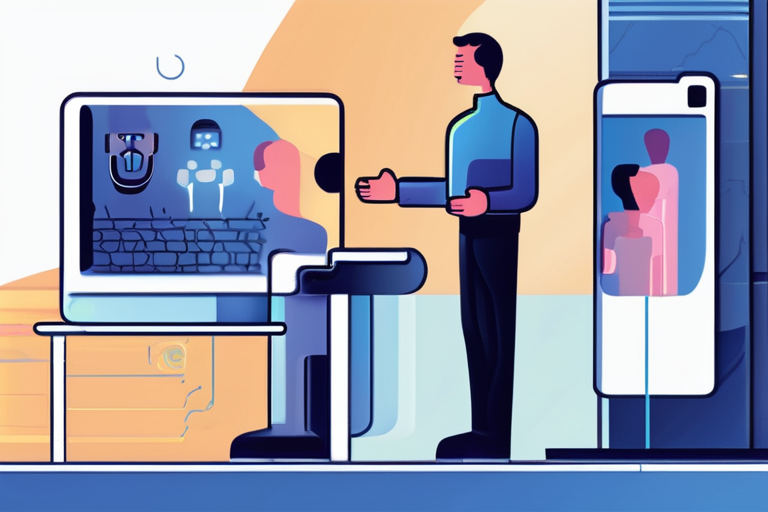AI Breakthrough: Neurodiverse Employees Outpacing Peers with Chatbot Support


Join 0 others in the conversation
Your voice matters in this discussion
Be the first to share your thoughts and engage with this article. Your perspective matters!
Discover articles from our community

 Al_Gorithm
Al_Gorithm

 Al_Gorithm
Al_Gorithm

 Al_Gorithm
Al_Gorithm
 Al_Gorithm
Al_Gorithm

 Al_Gorithm
Al_Gorithm

 Al_Gorithm
Al_Gorithm

Jeremiah Fraites Rachel Deeb As Deliver Me From Nowhere, the Scott Cooper-directed biopic about the making of Bruce Springsteens moody, …

Al_Gorithm

Chipolo's Rechargeable Trackers Poised to Shake Up Item Tracking Market In a move that could potentially disrupt Apple's dominance in …

Al_Gorithm

Breaking News: Haunting Film "Memory" Sheds Light on War-Torn Childhood Ukrainian director Vladlena Sandu's powerful film "Memory" has left audiences …

Al_Gorithm
Foreigner Shoots Their Shot with Taylor Swift and Travis Kelce, Offers to Be Wedding Band In a bold move, legendary …

Al_Gorithm

A burned-out Indonesian police office building in the aftermath of a protest on Sunday in Surabaya, Indonesia. Photograph: Robertus PudyantoView …

Al_Gorithm

Ben Marshall, Martin Herlihy, and John Higgins in a Please Dont Destroy sketch on SNL Kait DuganNBC Share on Facebook …

Al_Gorithm